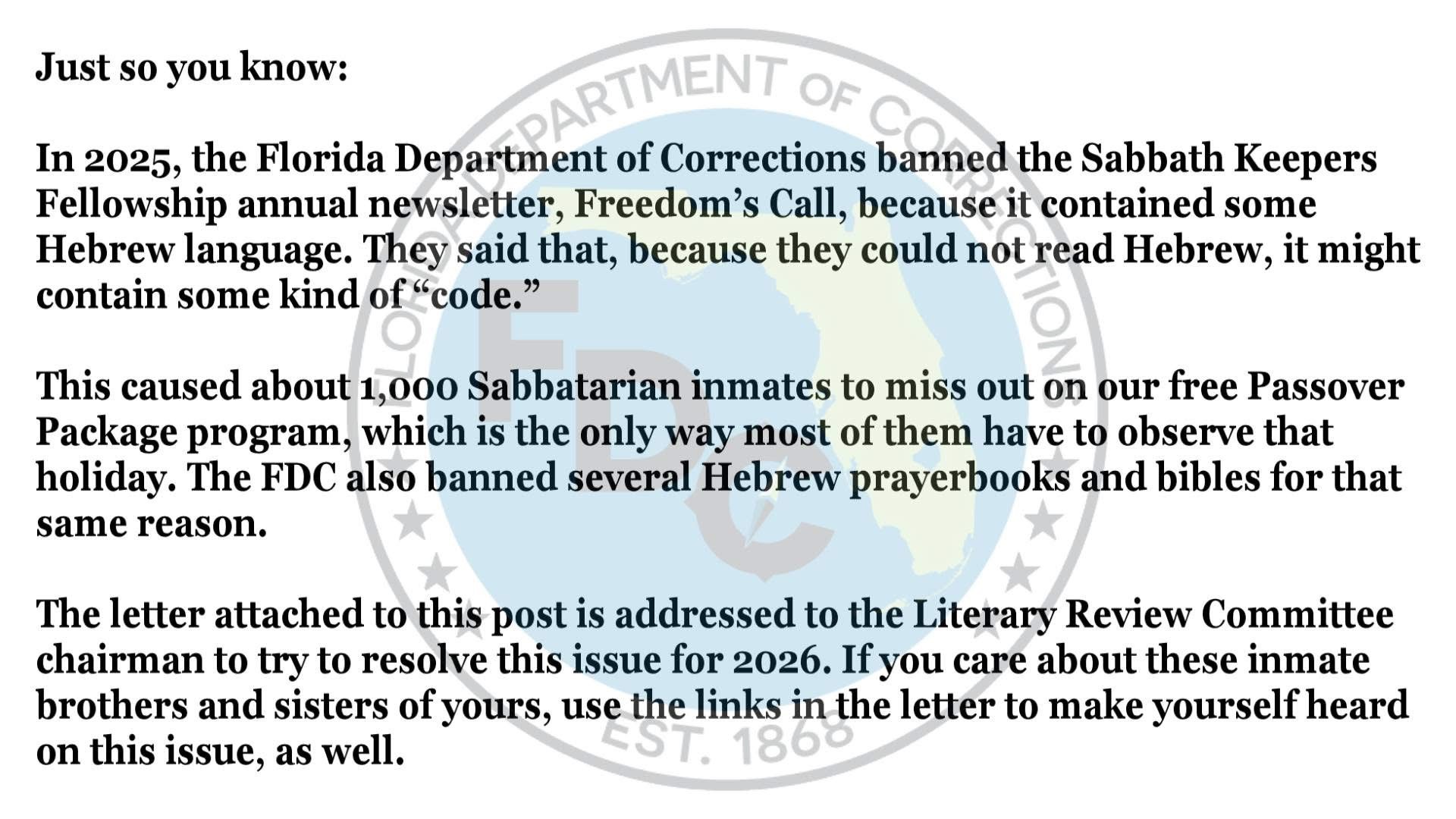Watch
Events
Articles
Market
More
This Giving Tuesday, you can help restore what was erased. One Mission. One God. Yehovah.
Help Reveal God’s Name to the Nations this Giving Tuesday. Every gift makes the hidden visible. #yehovah #agendafree #givingtuesday
👉 Join the Mission:
https://www.nehemiaswall.com/one-mission







🎉 THE NUTRIMILL BLACK FRIDAY SALE IS LIVE! 🎉
Now through Dec 1 (midnight MST) — grab the biggest deals of the year!
✨Bosch Universal Plus Mixer – White
$499 → $399 (or $379) with my code! https://collabs.shop/oyfhp1
📯🥧Bosch Universal Plus Mixer – Black
$599 → $499 (or $479) with my code!
https://collabs.shop/gvfmxv
✨NutriMill Artiste Mixer
$299 → $219 (or $199) with my code!
https://collabs.shop/lbk0bp
✨Magimix Food Processor
Comes with a FREE attachment during the sale!
https://collabs.shop/ofug3h
🛍Plus: Thanksgiving Gifts on Sale!
(Silicone straws, spurtles, sourdough starter tools & more!)
Don’t forget to use my affiliate code “KSITANA20” at checkout for extra savings! 🍞✨
🛍Shop the sale here ➡️ https://nutrimill.com/KSITANA20
📢As a NutriMill affiliate, I may earn a commission from qualifying purchases.
#blackfridaydeals #blackfridaysales #freshmilledflour #freshmilledflourblackfriday #nutrimill #boschmixer




🎉 THE NUTRIMILL BLACK FRIDAY SALE IS LIVE! 🎉
Now through Dec 1 (midnight MST) — grab the biggest deals of the year!
✨Bosch Universal Plus Mixer – White
$499 → $399 (or $379) with my code! https://collabs.shop/oyfhp1
📯🥧Bosch Universal Plus Mixer – Black
$599 → $499 (or $479) with my code!
https://collabs.shop/gvfmxv
✨NutriMill Artiste Mixer
$299 → $219 (or $199) with my code!
https://collabs.shop/lbk0bp
✨Magimix Food Processor
Comes with a FREE attachment during the sale!
https://collabs.shop/ofug3h
🛍Plus: Thanksgiving Gifts on Sale!
(Silicone straws, spurtles, sourdough starter tools & more!)
Don’t forget to use my affiliate code “KSITANA20” at checkout for extra savings! 🍞✨
🛍Shop the sale here ➡️ https://nutrimill.com/KSITANA20
📢As a NutriMill affiliate, I may earn a commission from qualifying purchases.
#blackfridaydeals #blackfridaysales #freshmilledflour #freshmilledflourblackfriday #nutrimill #boschmixer




🎉 THE NUTRIMILL BLACK FRIDAY SALE IS LIVE! 🎉
Now through Dec 1 (midnight MST) — grab the biggest deals of the year!
✨Bosch Universal Plus Mixer – White
$499 → $399 (or $379) with my code! https://collabs.shop/oyfhp1
📯🥧Bosch Universal Plus Mixer – Black
$599 → $499 (or $479) with my code!
https://collabs.shop/gvfmxv
✨NutriMill Artiste Mixer
$299 → $219 (or $199) with my code!
https://collabs.shop/lbk0bp
✨Magimix Food Processor
Comes with a FREE attachment during the sale!
https://collabs.shop/ofug3h
🛍Plus: Thanksgiving Gifts on Sale!
(Silicone straws, spurtles, sourdough starter tools & more!)
Don’t forget to use my affiliate code “KSITANA20” at checkout for extra savings! 🍞✨
🛍Shop the sale here ➡️ https://nutrimill.com/KSITANA20
📢As a NutriMill affiliate, I may earn a commission from qualifying purchases.
#blackfridaydeals #blackfridaysales #freshmilledflour #freshmilledflourblackfriday #nutrimill #boschmixer





Here's First Fruits Ministries loaded bulletin for the upcoming Sabbath on 11/22/2025: https://firstfruits.cc/blog/20....25/11/20/sabbath-bul



FDC Literature Review Committee
Assistant Chief of Education – Melvin Herring
1 (850) 717-3160
Email: Melvin.herring@fdc.myflorida.com
Chief Herring,
We at Sabbath Keepers Fellowship are about to publish our national newsletter for this year. We have deleted all portions we thought might be objectionable to your Florida prison's Literary Review Committee. Before we commit to sending it out to your 1,000 Sabbatarian inmates on our membership rolls, we would like you to view and approve it in advance to make sure we don't waste our donor's money again this year. Without your approval, it will not be sent to the inmates in Florida prisons.
In addition, this newsletter contains the request form for our annual Passover Package Program. As happened last year, your rejection of our newsletter for containing Hebrew language caused your Sabbatarian inmates to miss out on that program. We hope that does not happen again this year, and so that ball is now in your court.
Please, review and advise us of your decision quickly so that we can accommodate your Sabbath-keeping inmates with our free resources, as we do in 41 other states in the USA.
Thank you so much for your time and attention,
Jeff Haufler
Assistant Director Sabbath Keepers Fellowship
JeffSabbath Keepers Fellowship.org
Landline: 903-489-1930 Text: 903-203-4507
SabbathKeepersFellowship.org




112025 / 28th day of the 8yh month 5786
WORD FOR TODAY “every word”: Mat 4:4 But He answered and said, "It is written, 'MAN SHALL NOT LIVE ON BREAD ALONE, BUT ON EVERY WORD THAT PROCEEDS OUT OF THE MOUTH OF GOD.'"
WISDOM FOR TODAY: Pro 20:3 Avoiding quarrels brings a person honor; for any fool can explode in anger.
Ask the LORD how you can serve HIM better
www.BGMCTV.org



